Under the motto "Responsibility, Unity and Security" on November 5 and 6, 2025, a German-Bulgarian seminar for journalists and public figures was held in the Hyatt Regency Sofia Hotel. The organizers were the European Academy in Berlin in cooperation with the Federal Foreign Office of Germany and the Embassy of Germany in Sofia. The two-day forum provided an open platform for discussions on Germany's role in European politics, security, media freedom and Bulgaria's upcoming accession to the eurozone.
Europe's responsibility in an uncertain world
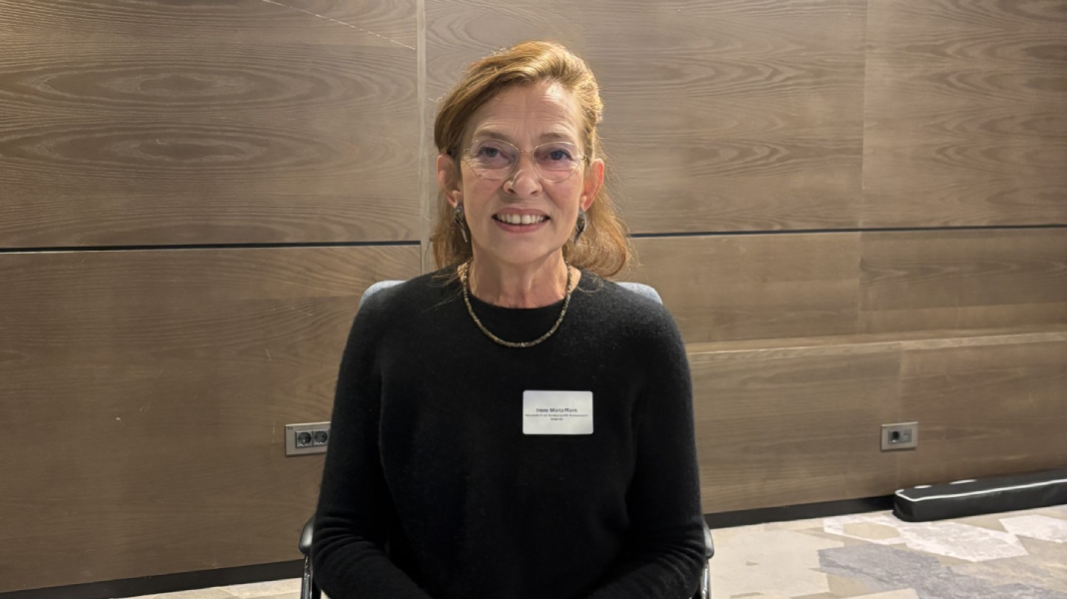
"Germany does not act alone. There is the French-German friendship, the Weimar Triangle (i.e. Germany, France, Poland) and many other formats. Every European country is equally important," Irene Maria Plank, Ambassador of the Federal Republic of Germany to Bulgaria, said. In the context of growing geopolitical tensions, she pointed out that the strength of Europe lies in unity:
"According to me, the word 'freedom' describes best the spirit of today's Europe - it creates a framework in which the individual can be autonomous."
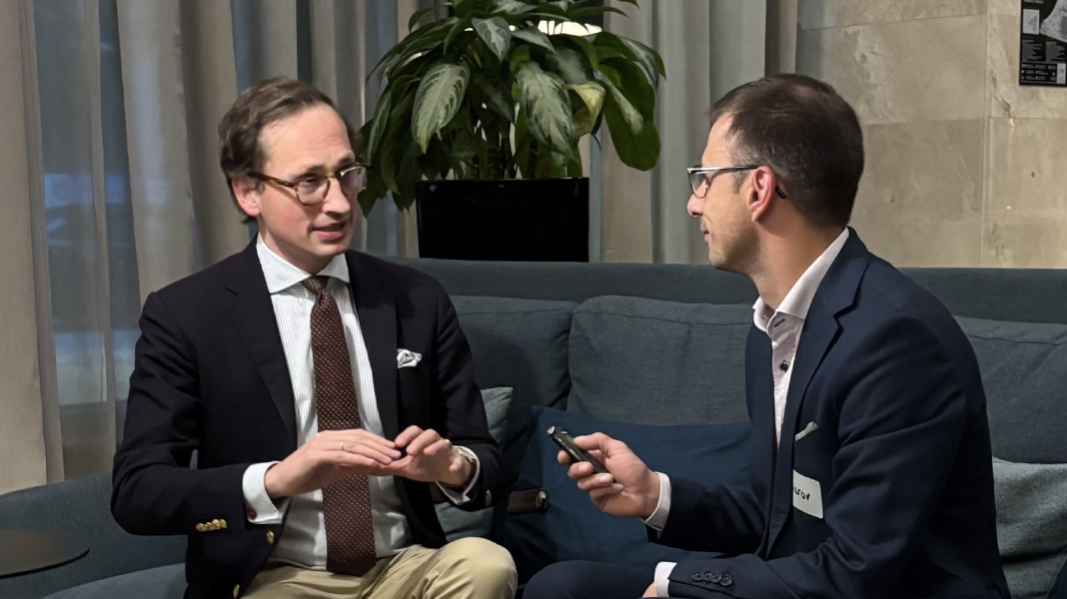
Security issues were also among the main topics. Markus Iven, an analyst at the Hague Center for Strategic Studies, recalled that "Russia's aggressive war against Ukraine will remain the leading topic in the coming years."
According to Iven, Bulgaria is of particular importance to NATO:
"A strong Bulgarian navy is of strategic importance for the entire alliance," he said.
Media, disinformation and trust
The central topic of the seminar was the question of how democratic societies can deal with disinformation and restore trust in media.
"When you trust someone, it's because you know them. That's my message to your listeners - to ask yourself who is really talking to you and whether you can trust them," Ambassador Plank said.
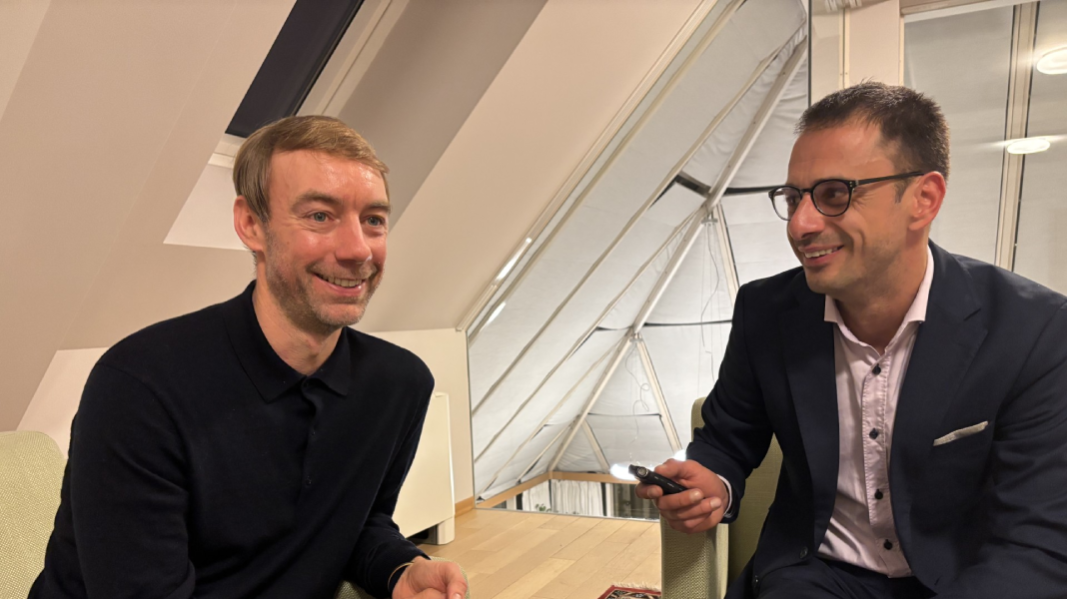
Dr. Johannes Hillje, a political consultant and communications expert, pointed out the importance of a well-informed society:
"Strategies against populism must operate on three levels - in politics, in independent media and among citizens themselves. Each of us must be our own editor-in-chief and learn to distinguish between reliable and unreliable information."
Public media as a pillar of democracy
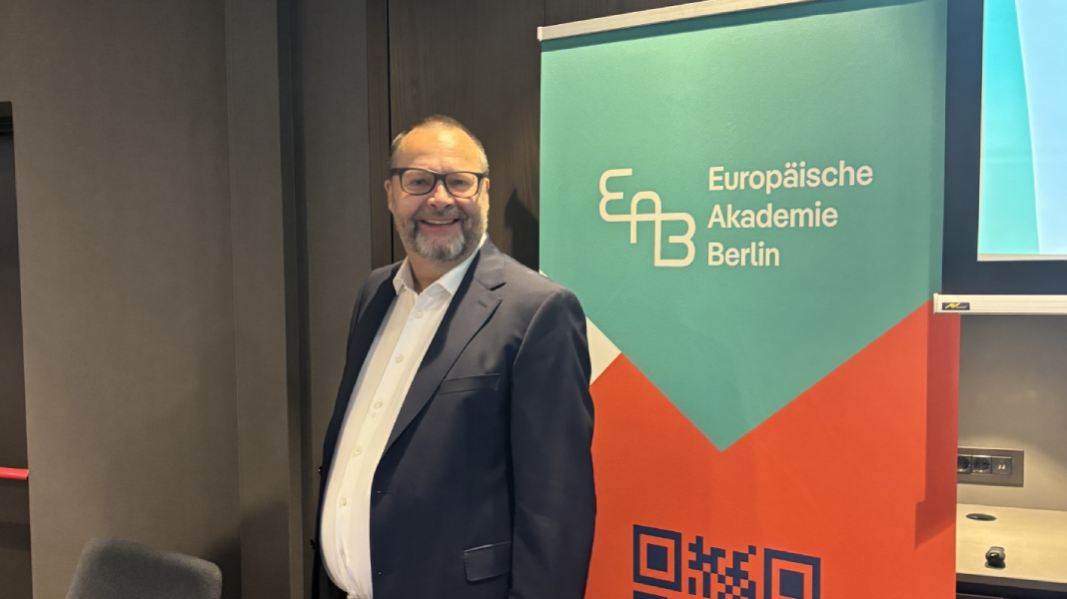
Dr. Jürgen Lang, senior editor at German public broadcaster Bayerischer Rundfunk, recalled that public media in Germany operate independently of the state:
"It is often claimed that we are a state broadcaster – this is not true. Our listeners pay the radio and television fee, not the state."
Speaking about Bulgaria, he said:
"The media environment is more polarized, but the topics are the same. It is important to remain critical, to check information from different sources and not to blindly believe every suggestion."
Economic prospects on the eve of euro adoption
The second day of the seminar was dedicated to the upcoming introduction of the euro in Bulgaria.
"I think it's great that Bulgaria will now join the eurozone. Since 1997, the lev has been pegged first to the German mark and then to the euro. Now Bulgaria will finally be able to have a voice in the common currency," said Irene Maria Plank.
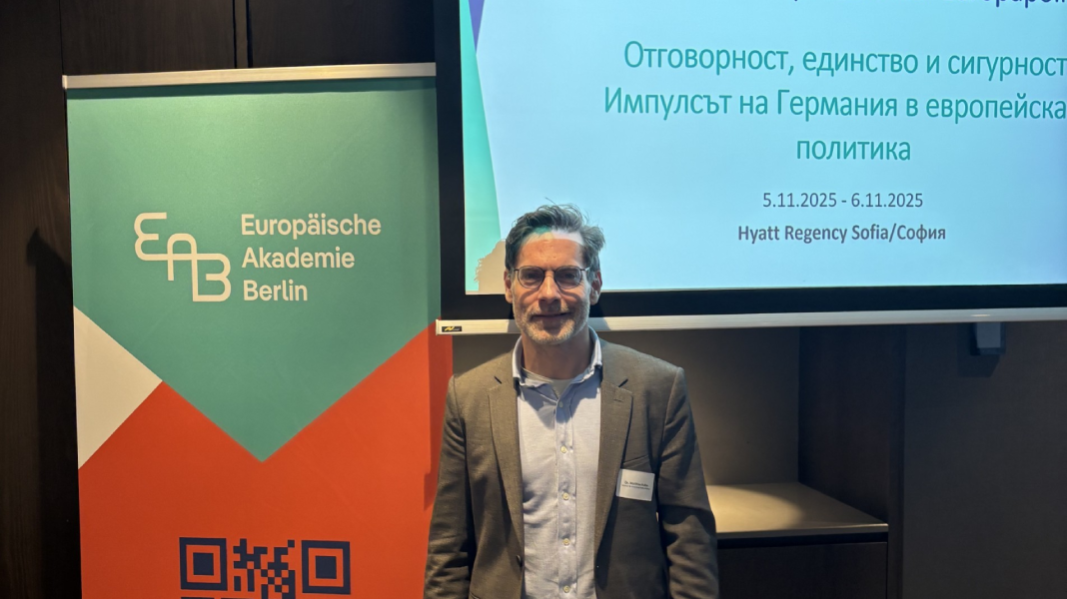
Dr. Matthias Kullas from the European Policy Center in Freiburg pointed out the advantages:
"Joining the eurozone will bring lower interest rates, more investments and deeper integration into the single European market. The biggest challenge is public perception. One should not automatically attribute all price increases to the euro."
Education and European identity
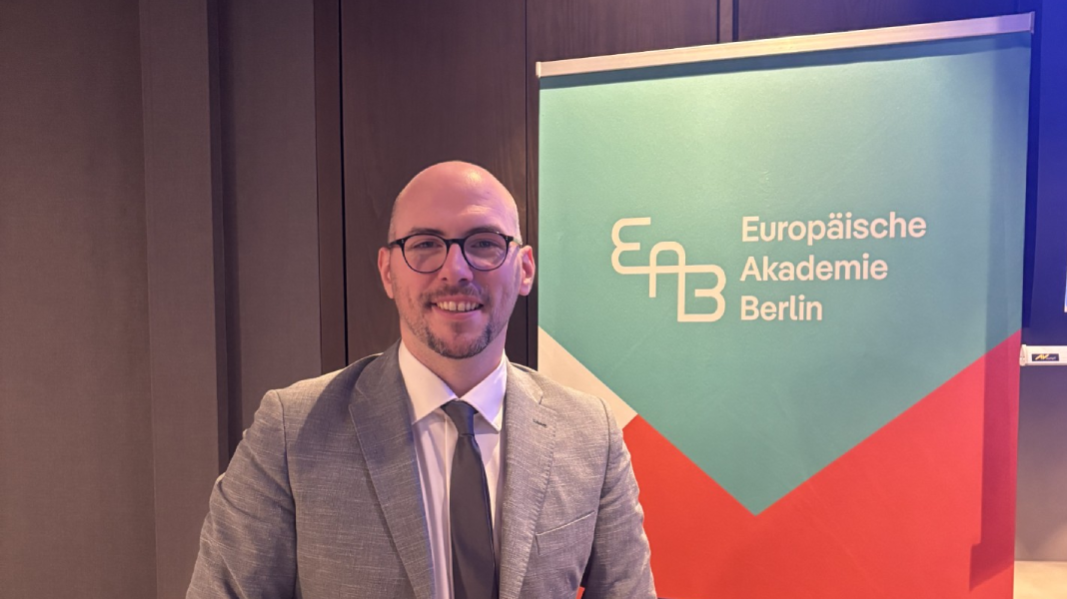
Manuel Knapp, Director of Studies, European Academy Berlin, who was also moderator of the seminar, pointed out the importance of education:
"If we want to understand Europe as a space without borders, we must rely on education, openness and mutual understanding. The Academy aims to build bridges between the academic world and citizens. Every voice, every action influences how Europe will develop in the future", Knapp added.
A signal of understanding
The seminar in Sofia convincingly showed that dialogue, education and trust are key elements for the future of Europe. The media, science and politics, together with the civic society, can point out ways in which freedom, security and responsibility can be protected in the conditions of global tension.
"The importance of international public service media such as Radio Bulgaria cannot be underestimated", Ambassador Plank said in conclusion.
Author: Lyubomir Kolarov
Publication in English: Al. Markov
Photos: Lyubomir Kolarov
The Bulgarian minority in Romania marked a significant event with the official opening of the Bulgarian Inn in the village of Izvoarele (Hanul Bilgarilor), Teleorman County (Southern Romania)- a locality with Bulgarian roots dating back over 200 years...
The 14th edition of DiVino.Taste, Bulgaria’s leading forum for wines and winemakers, will take place from 28 to 30 November at the Inter Expo Centre in Sofia. Over 80 producers from all wine regions will participate, offering tastings of around 600 of the..
Minutes before the second and final reading, at the parliamentary budget and finance committee, of the state budget for 2026, the leader of the biggest party represented in parliament GERB Boyko Borissov halted the procedure and sent the draft bill..

+359 2 9336 661
